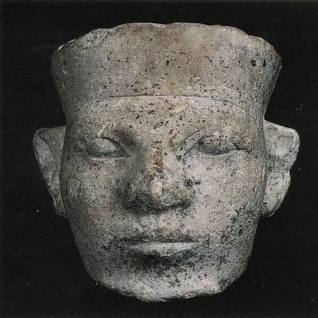![[:en]Prof Leigh Jenco - LSE[:]](https://i0.wp.com/african-century.org/wp-content/uploads/2020/11/leighJenco.jpg?fit=318%2C159&ssl=1)
Leigh Jenco seeks to acclimatize classic Chinese thought to Western philosophy in her talk at Aristotelian Society (16 Nov 20). Her first gambit is to place Chinese history into a similar historiography as the West and to make it share an ‘early modernity’. There is this underlying wish to help accommodate and rehabilitate China by showing how similar it is to the West. This is pretty violent in creating an imperial China when China shares more with Ancient Egypt in its longevity and eschewing of territorial aggrandisement as a way of life. We witness the ‘normalisation’ of the West and its history as the archetype of human history.
The trap here is not the obvious one of distorting Chinese thought, though that exists and is evident, but that of distorting Western thought. Western thought is stripped of its core mysticism and put into a stereotypical straight jacket of ‘rationality’, a concept that itself is profoundly historical and contestable. What is seen as a ‘natural light’ in Descartes becomes in Comte a force of calculation, which together with a revival of Lucretius’ ideas is retrofitted onto the Enligtenment. It is this straw man of a ‘rational’ West that is used as a calibration tool against other cultures.
Her talk attempted to capture all the subtleties of several centuries of profound Chinese intellectual engagement. While the effort is courageous, would anyone attempt that for a similar period of Western intellectual history? In fact the concept of ‘Chinese thought’ which she uses is highly problematic. The thought of Chinese sages or philosophers I can understand but ‘Chinese thought’? Wu Wei through Quesnay transfigured western economics and is still at the heart of much contemporary economic thought. Is there something ‘Chinese’ in the thought? I doubt it.
Most open to criticism is the western intellectual readiness to accuse non western thinkers of ‘irrationality’. Liebniz expressed identical ideas to many of the Chinese scholars in his Monadology in believing that as below so above, but even all things in all things, such that if we knew how we could read the history of the world in a grain of sand. When expressed by Chinese thinkers Jenco slings out accusations of ‘irrationality’ which I suggest she would not dare throw at an established Western thinker such as Liebniz. This talk is a step forward but there is a long way to go.

